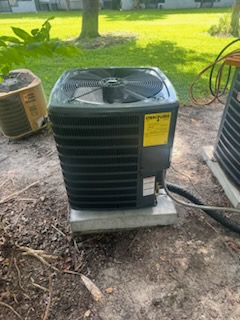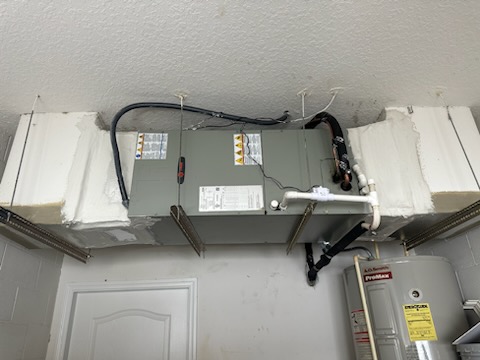How to Identify When Your HVAC System Needs Repair
How to Identify When Your HVAC System Needs Repair
Blog Article
Top Signs Your AC Needs Repair
Heat, Ventilation, and Air Health (HVAC) programs are necessary for sustaining ease in properties and businesses. But, like all technical techniques, they could falter around time. Identifying early signs of difficulty can help you save from expensive fixes and ensure your system runs efficiently. Here's how to recognize as soon as your Ac service process needs repair:

Signals Your HVAC Program Wants Repair
There are many signs your HVAC program may need repair. Some tend to be more apparent than others, but it's crucial that you pay attention to any improvements in your system's performance. Ignoring possible issues may cause to help expand damage and costly repairs down the line.
Unusual Disturbances
One of the very most apparent signals that the HVAC program wants fix is uncommon disturbances coming from the unit. If you hear going, clanging, or running looks, it might suggest that there's a loose or damaged portion within the system. It's important to not ignore these sounds and have them tested with a qualified the moment possible.
1. Sudden Increase in Energy Expenses
One of the very obvious signals your HVAC system might need fix is a sudden spike in power bills. If your power consumption hasn't transformed considerably, but your bills have increased, it may show that the device is functioning harder than it should. That often occurs as a result of wear and rip or parts that want maintenance. Approaching the issue instantly can reduce more effectiveness failures and larger costs.
2. Unusual Disturbances
HVAC techniques operate with a specific level of background noise, but strange sounds like rattling, banging, squealing, or grinding shouldn't move unnoticed. These sounds may suggest loose parts, lover dilemmas, or generator problems. Ignoring them can result in significant injury, turning an inexpensive fix into an expensive fix job.
3. Weak Ventilation or Unequal Temperatures
If circulation from your own HVAC is substantially weaker or some areas feel too cold or warm while the others are comfortable, it could imply that your system's blower or ductwork is compromised. Such dilemmas may base from a blocked filter, duct leak, or declining compressor. Immediate interest may assure your house maintains consistent ease levels.
4. Weird Scents
An unpleasant smell coming from your ports is never a good sign. A damp odor might suggest mold development within the device, while burning or smoky smells can point to electrical or technical issues. These odors shouldn't be ignored as they could pose health threats or result in program failure.
5. Regular Cycling or Difficulty Starting
Does your HVAC program start and down more often than usual? Or does it struggle to begin at all? These issues could signal a trouble with the thermostat, wiring, and other internal components. Continuous cycling wastes energy and increases use on the device, leading to more substantial breakdowns if remaining unaddressed.
6. Surplus Moisture or Moisture Build-up

Your HVAC system is responsible for maintaining appropriate interior moisture levels. If you see extortionate water near the system or sense extraordinarily high humidity inside, it could mean the machine is malfunctioning. Refrigerant leaks or clogged drainage are typical culprits, and they want immediate qualified evaluation.
Final Feelings
Your HVAC program is really a critical investment in home ease and energy efficiency. Realizing early warning signs and working rapidly can help prevent costly breakdowns and extend the lifetime of your system. Consider these issues and consult a certified HVAC specialist if you notice any one of them. Positive treatment nowadays can help you save time, income, and stress tomorrow. Report this page